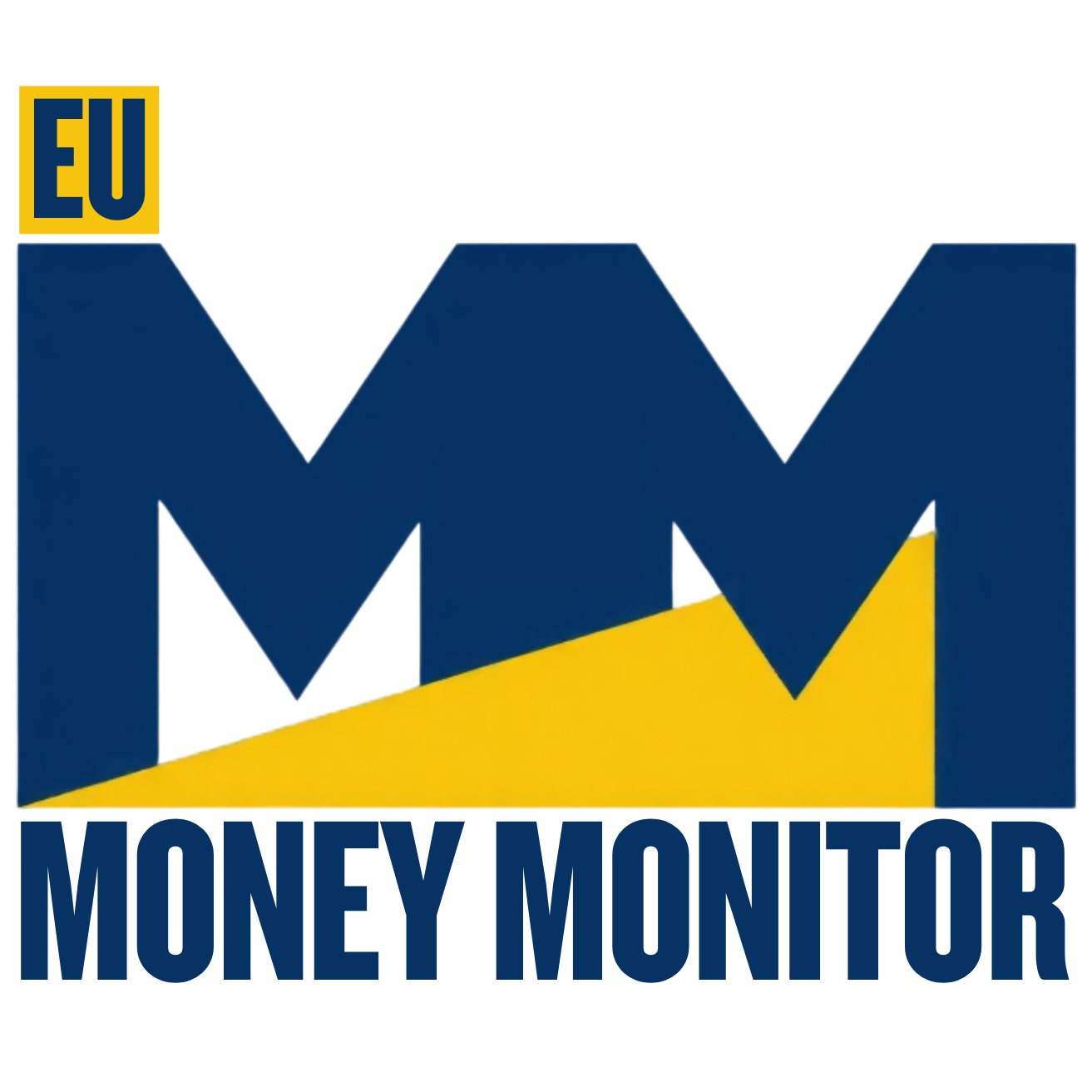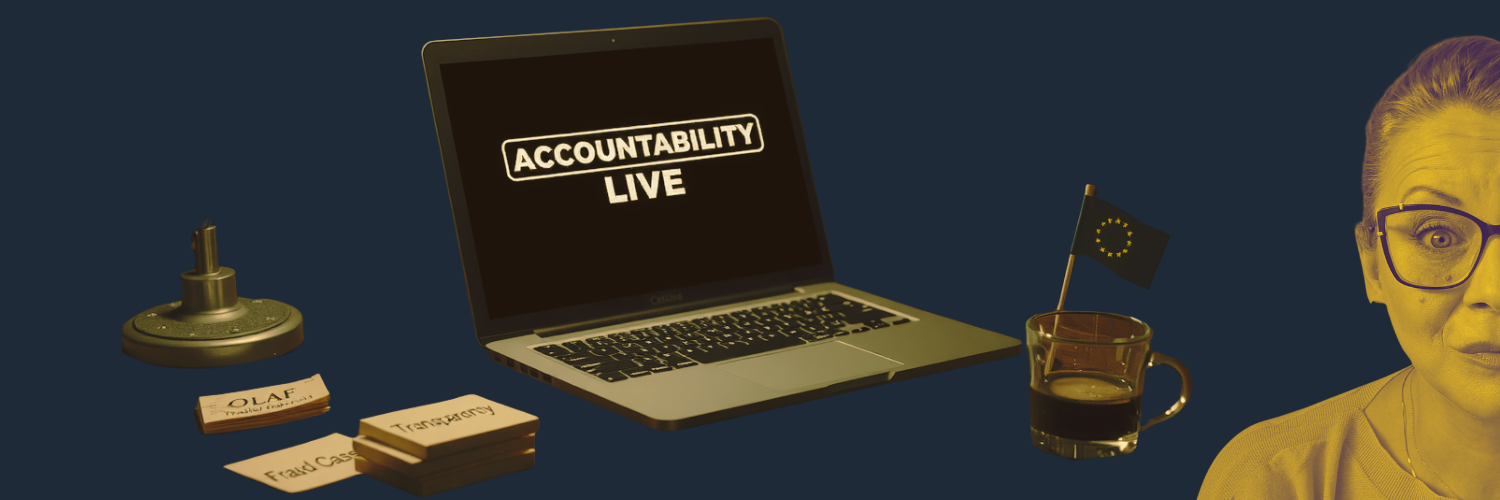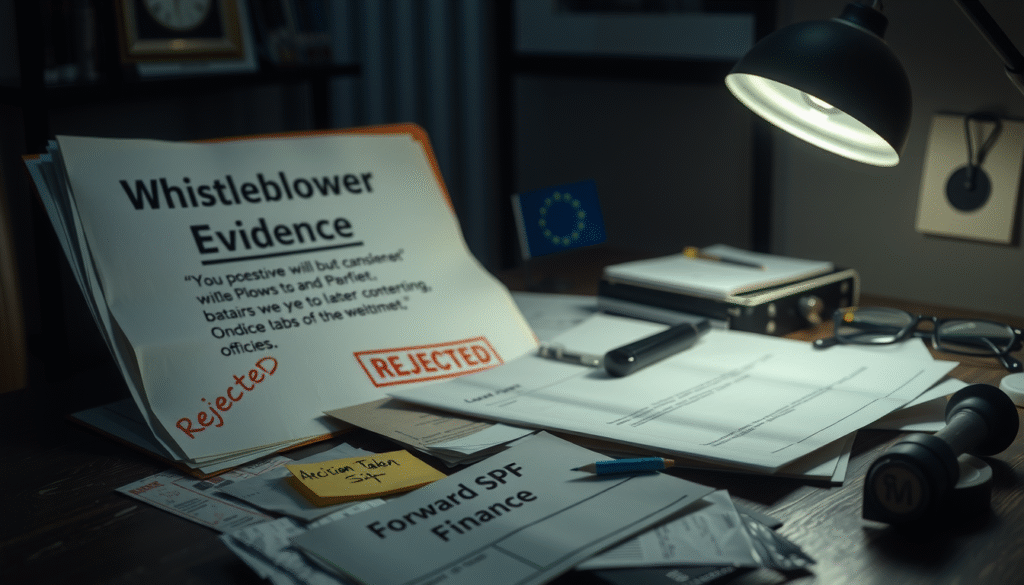We are living through a slow-motion earthquake. In France, Germany, Italy, and Spain, the anti-EU, far-right, and populist vote is not just rising – it is on the verge of becoming the majority. If you think this is impossible, look at the data: in France, Marine Le Pen’s Rassemblement National is polling first for the next election. In Germany, the AfD is now the second party in many regions. In Italy, Giorgia Meloni’s Brothers of Italy leads the government. In Spain, VOX is a kingmaker. Across Europe, tens of millions feel left behind, unheard, and unrepresented by the EU.
And yet, in Brussels and in many capitals, the response is always the same: alarm, hand-wringing, and then business as usual. Elitist speeches about “European values” and “unity” are delivered in conference rooms and on Twitter, but they do not reach the people who feel most alienated. We tell ourselves that fighting misinformation will fix it. We double down on fact – checking and hope that the truth will win. But it isn’t working. Because the problem is not just lies – it’s the lived experience of millions who do not see themselves in the European project.
Who are the anti-EU voters?
They are not all fascists or conspiracy theorists. Many are ordinary people who feel that the EU is run by and for elites, that their jobs, traditions, and security are at risk, and that nobody in Brussels is listening. In Romania, many anti-EU voters are young, rural, or working-class. They see EU funds spent on shiny infrastructure in the capital while their schools crumble and their parents emigrate for work. In France, the “gilets jaunes” were not Russian bots – they were citizens who felt crushed by distant decisions. In Germany, the AfD’s rise is fueled by fears about migration and the cost of green transitions, not just xenophobia.
The EU’s answer so far? More summits, more jargon, more “strategic communication”. But you cannot communicate your way out of a crisis of trust. You cannot fact-check away the pain of being ignored.
What happens when they become the majority?
Let’s be brutally honest. If these voters reach 50% + 1 in Germany, France, Italy, or Spain, the EU as we know it will not survive. The treaties will be torn up. The single market will fragment. The dream of free movement, shared prosperity, and peace will be replaced by walls-real and metaphorical.
And it’s not just about elections. Every year, the anti-EU bloc grows stronger in the European Parliament, blocking reforms, watering down anti-corruption laws, and making it harder to respond to crises. The EU is already paralyzed by vetoes and lowest-common-denominator politics. Imagine what happens when the majority is openly hostile.
What needs to change?
- First, we must stop ignoring these voters. Dismissing them as “ignorant”, “manipulated”, or “deplorable” is not just arrogant – it is dangerous. Every time an EU leader gives a speech full of acronyms and abstractions, another voter tunes out. Every time we pretend that “European values” are self-evident, we lose another citizen who has never felt those values in their daily life.
- Second, the EU must become radically more transparent and accountable. People need to see where their money goes, who benefits, and who is responsible when things go wrong. Platforms like EU Money Monitor exist to give citizens the tools to follow the money and demand answers. This is not a luxury – it is a necessity for democracy.
- Third, the EU must listen and deliver on the issues that matter: jobs, security, dignity, and local control. That means investing in the regions left behind, not just the capitals. It means real anti-corruption enforcement, not just press releases. It means making sure that EU decisions are debated in town halls, not just in Brussels hotels.
- Fourth, the EU must speak a language people understand. Drop the jargon. Stop hiding behind “strategies” and “roadmaps”. Talk about real problems in plain words. Admit mistakes. Show humility. Be human.
The bottom line
Celebrating the defeat of the far right is not enough. Ignoring the millions who voted for them is a fatal mistake. If the EU wants to survive, it must represent all its citizens – not just the ones who already believe. That means changing not just policies, but the entire way the EU listens, explains, and acts.
I am Romanian. I am European. Last night I slept well, but I know the storm is not over. If we want to keep Europe whole, we must face the anger, the fear, and the hope of every citizen. Not with more speeches, but with real answers and real change.




